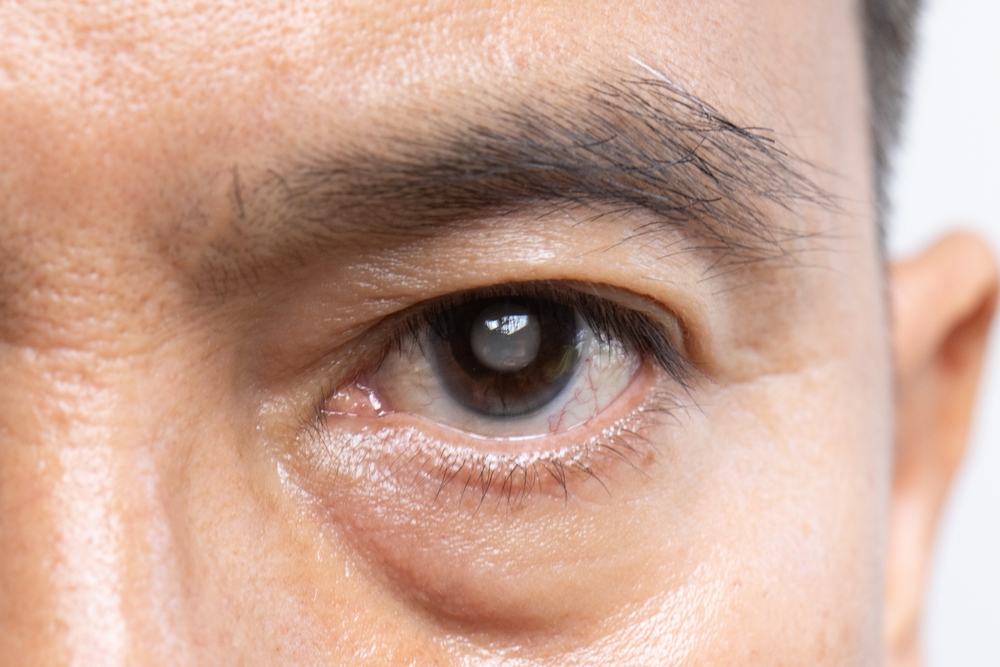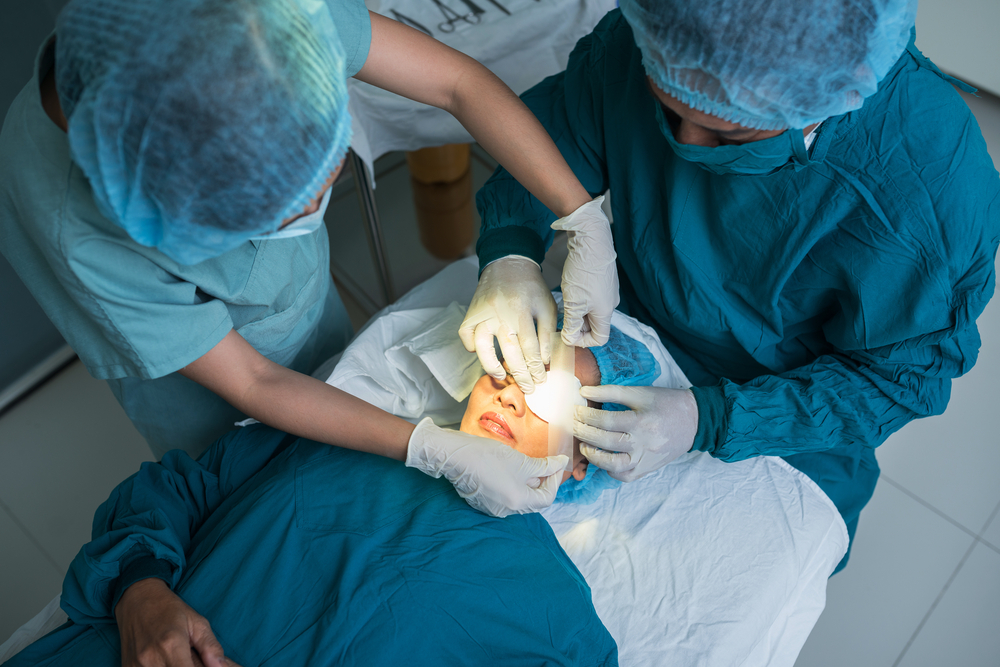What Precautions Should I Take After Cataract Surgery?
May 16, 2024
Cataract surgery is one of the most commonly performed procedures in America. This safe and effective procedure can be performed in your eye doctor’s office and it usually takes less than an hour.
There is very little risk of complications and most people begin to notice improvements in their vision right after the procedure. It’s very important to take care of your eyes during the recovery period after you have cataract surgery, even after your eyes start to feel better.
Your eye doctor will give you detailed instructions, which will help ensure that your eyes heal properly and reduce the risk of infection. Keep reading to learn what precautions you should take after cataract surgery!
What Happens the Day of Cataract Surgery?
Most of the time, your eye doctor will only perform cataract surgery on one eye at a time. This makes the recovery period easier, since you will be able to see normally out of the other eye.
The procedure will take about thirty minutes. Right after you've had cataract surgery, you should expect to stay in the office for a little while.
Your eye doctor will need to monitor your eyes to make sure there is no unusual swelling or that your eye pressure isn't rising. Once that short waiting period is over, you’ll be allowed to go home.
You will not be able to drive, so you should arrange for a friend or family member to drive you to and from your cataract surgery procedure.
Schedule a Cataract Evaluation
What Can I Expect The Day After Cataract Surgery?
Before you leave, your eye doctor will give you an eye shield to wear when you go home. You’ll need to keep this on for the rest of the day.
You should also plan to wear it overnight for as long as your eye doctor suggests. The shield prevents you from rubbing your eye in your sleep.
You may have mild discomfort after cataract surgery. Your eye doctor will tell you which over-the-counter medication to take to help relieve discomfort.
Make sure to call your eye doctor's office if you experience any severe pain or vision changes. Your eye doctor will also likely give you antibiotic eye drops.
It’s important to use these as directed. They will help prevent infection.
Your eye doctor may also suggest lubricating eye drops to soothe eyes if they feel sore. You will need to return to your eye doctor's office for a series of follow-up visits to check your vision and ensure your eyes are healing properly.
What is the Recovery Process Like After Cataract Surgery?
 Your eyes will start to feel better within a few days of cataract surgery but they won’t be completely healed. Giving them time to fully recover before returning to your everyday activities will prevent complications after cataract surgery.
Your eyes will start to feel better within a few days of cataract surgery but they won’t be completely healed. Giving them time to fully recover before returning to your everyday activities will prevent complications after cataract surgery.
You will need to restrict your activities for a few weeks after your cataract surgery. You should avoid bending over or lifting objects over ten pounds to prevent causing a sudden rise in pressure inside your eye.
For the first few days, you should avoid touching or rubbing your eyes. Wash your hands well before touching the area around your eye to prevent the spread of bacteria.
Don’t apply creams or lotions around the affected eye. You can bathe or shower as you normally would, but avoid getting soap, shampoo, or water in your eyes.
Tap water can carry bacteria that cause infection. Your eye doctor will tell you how long to refrain from activities, including:
- Driving
- Swimming
- Exercise
- Wearing eye makeup
- Returning to work
You can read, watch TV, and use a computer after cataract surgery. However, you should take a break if your eyes feel tired or strained.
If you have any questions about your recovery, call your eye doctor. They can give you advice and treat any complications.
Schedule a Cataract Evaluation
When Should I Call My Eye Doctor?
Most people recover from cataract surgery without any difficulties. However, there is a risk of more serious side effects, including infection.
You should call your eye doctor right away if you have signs of infection, including:
- Worsening eye pain or redness
- Discharge or crusting around your eye
- Worsening vision
- Eye floaters or flashes
In addition, you should be aware that there is a small risk of other complications, including:
- Bleeding or swelling
- Ongoing eye pain
- Blurry or obstructed vision
- Glare, halos around lights, and shadows
- Displacement of the IOL
- Retinal detachment
It is important to get care right away if you think you may be having serious complications. Prompt treatment can prevent complications from getting worse.
What Are Secondary Cataracts?
You cannot develop new cataracts after cataract surgery, but some people develop a condition called posterior capsular opacification (PCO). With PCO, the tissue of the pouch that holds the IOL lens becomes cloudy.
This is sometimes called secondary cataracts. PCO is easy to treat.
Your eye doctor can restore your vision and eliminate PCO symptoms by using a laser to make a tiny opening in the pouch around the lens. It takes less than five minutes, and you’ll likely be able to see better immediately.
Do you have questions about cataracts and cataract surgery? You can schedule a cataract evaluation at the Center For Total Eye Care in Westminster or Eldersburg, MD, today!



